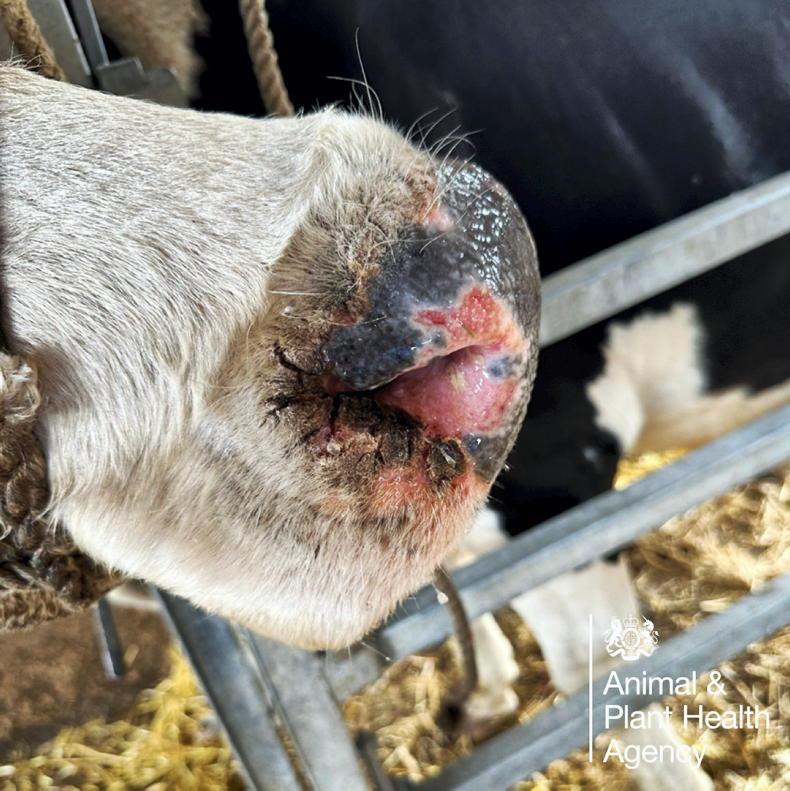The UK prime minister caused outrage this week when he appeared to trivialise the possibility of having to cull healthy pigs because there isn’t the capacity to butcher them for use in the food chain as intended.
This follows a visit by George Eustice, the UK minister with responsibility for agriculture and food, to the Balmoral Show in Northern Ireland recently, where he was heavily lobbied by farmers and the food industry about the need to address labour issues.
The government has relented on its tough immigration policy to create a window for migrant workers in transport and food processing for a six month period into the New Year.
This will be a help, but not a solution, particularly for the south-east of England, where the problems with a shortage of delivery drivers and food factory workers is particularly acute.
Not just Brexit
Brexit is a contributor to this problem, but not the exclusive cause. The UK, and indeed the Irish food processing industry, has had a strong input of workers from Eastern Europe for several years.
Many of these people came, stayed for a period, saved money and returned to their home country.
For road haulage, the problem was compounded by the fact that EU lorries could no longer operate internally in the UK, hence reducing transport capacity
With the UK departing the single market and the free movement of labour at the start of the year, this became one way traffic, with the people leaving Britain not being replaced because they didn’t meet the new criteria, of which proficiency in the English language was a requirement.
For road haulage, the problem was compounded by the fact that EU lorries could no longer operate internally in the UK, hence reducing transport capacity.
The fact that all this has happened during the worst global pandemic in the past century has created something of a perfect storm. The pandemic has created disruption and delays in global shipping and less inclination and opportunity for international travel.
In Northern Ireland, for example, there is an acute shortage of factory workers
This has meant less availability with migrant labour in the EU, including Ireland, but so far, the industry is just about coping. In the UK, the problem is worst in the south east and lessens but doesn’t disappear elsewhere.
In Northern Ireland, for example, there is an acute shortage of factory workers, with meat factories at breaking point. In the case of pigs, reduced capacity at the Karro Cookstown factory has led to a worrying back up of pigs on farms south of the border, who rely on NI processing.
Cost of cheap food
There is now a battle in Britain to save Christmas and the government position appears to be that this is all part of a new post-Brexit realignment which will mean better wages for workers. Better wages for factory and distribution workers is a noble ambition, but it can only be delivered one of two ways – either by increasing the cost of produce to consumers or reducing the production costs.
Society has been enjoying progressively cheaper food, to the point where it is now between just 7%-9% of household expenditure in most developed countries
With energy prices surging, the only meaningful cost that factories can look at is the price they buy the raw material from farmers.
Society has been enjoying progressively cheaper food, to the point where it is now between just 7%-9% of household expenditure in most developed countries, half of what it was 50 years ago. This has been achieved by modern supply chains built around just-in-time delivery strategies that means minimal stocks and transport of huge volumes to large retail outlets.
This food has been mainly produced by large manufacturing corporations that have immense purchasing power for buying the raw material from farmers and generate huge profits driven by low margins on high volumes.
Tight control of factory labour costs was also a key part of the process and the winners were consumers, large volume retailers and factories, with the farmer’s share dependent on the global supply of meat, dairy and grain.
Farmers exposed
With cattle and sheep numbers down this year in Britain and many turkey growers opting out because of labour shortages, farmers that have product are in a strong selling position. Irish farmers can get the rebound of this, being the most accessible source of supply for similar produce.
Markets balance over time and there will come a point where wages will attract workers
Factory workers and drivers are in an exceptionally strong negotiating position, so this suggests significant food inflation for consumers is inevitable. Markets balance over time and there will come a point where wages will attract workers and trade deals will deliver lower cost meat and dairy options for the UK.
Farmers may have enjoyed a good 2021, but they remain the most vulnerable link in the supply chain, with production costs already eroding market gains.








SHARING OPTIONS